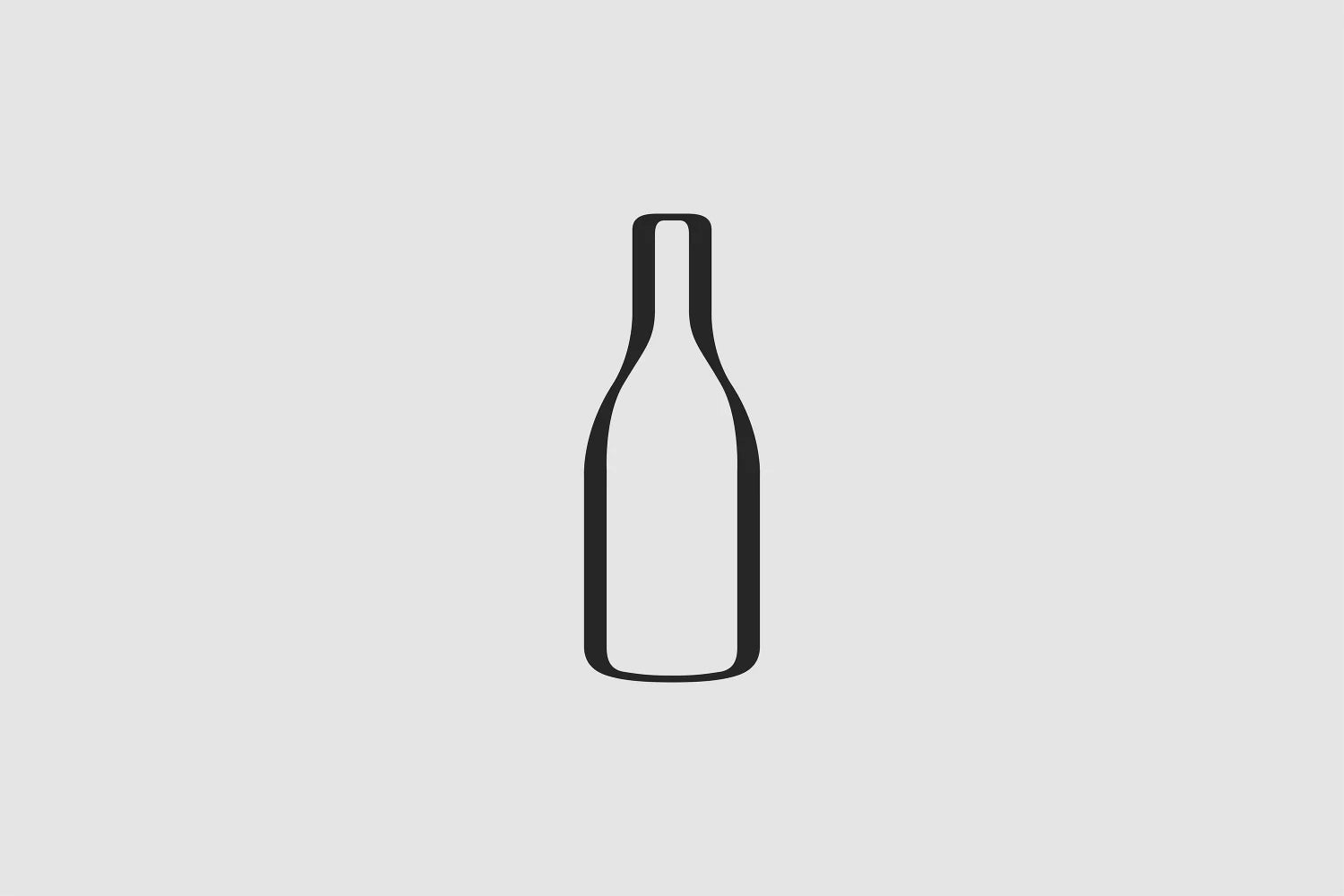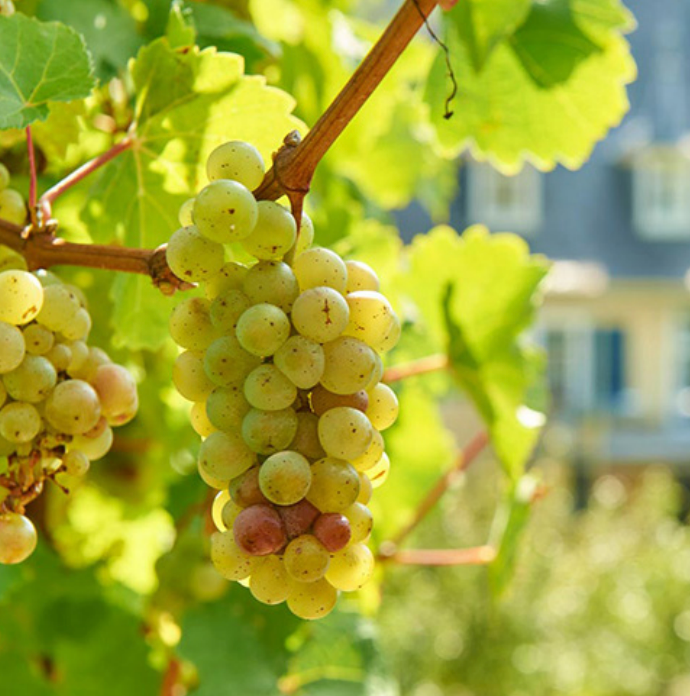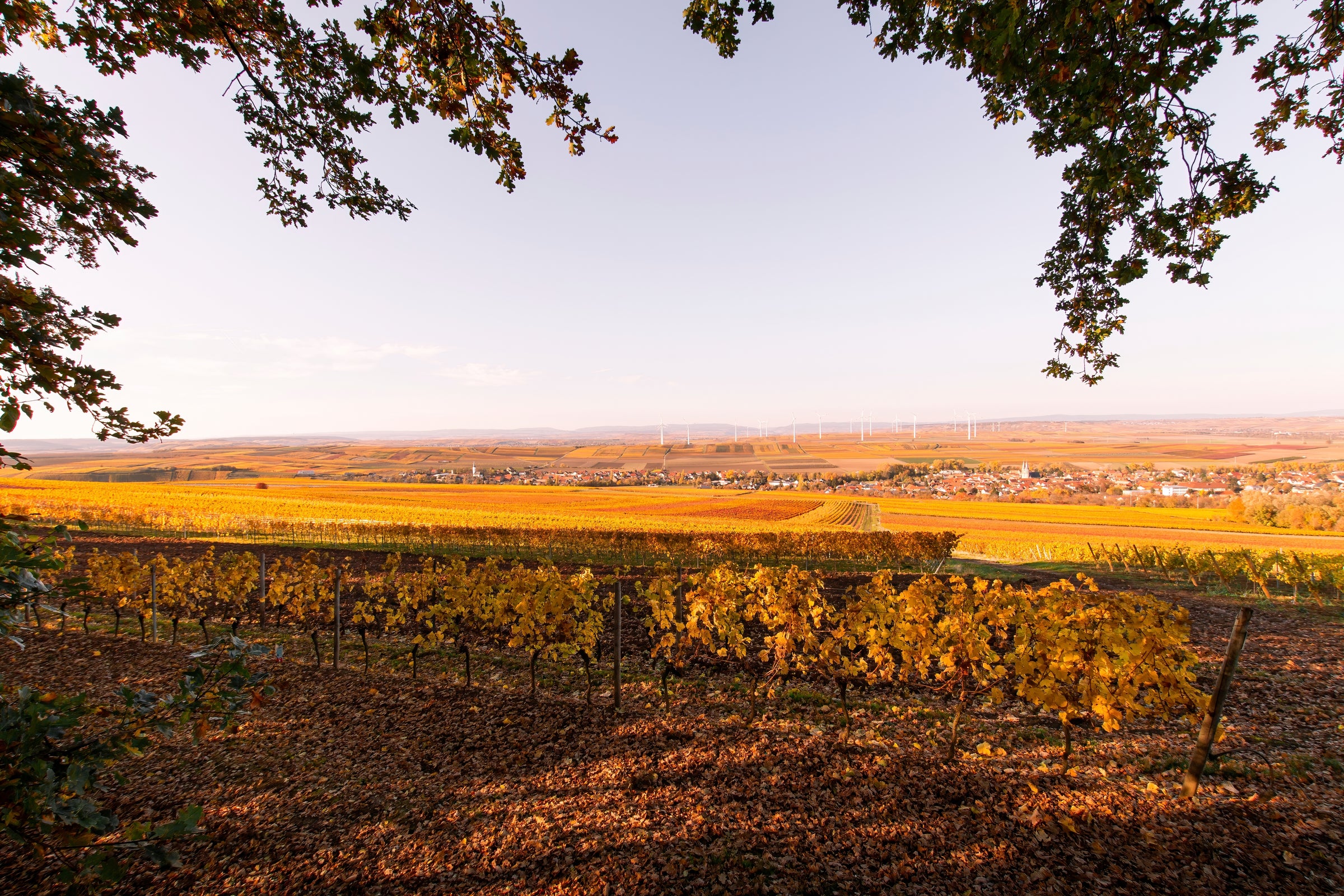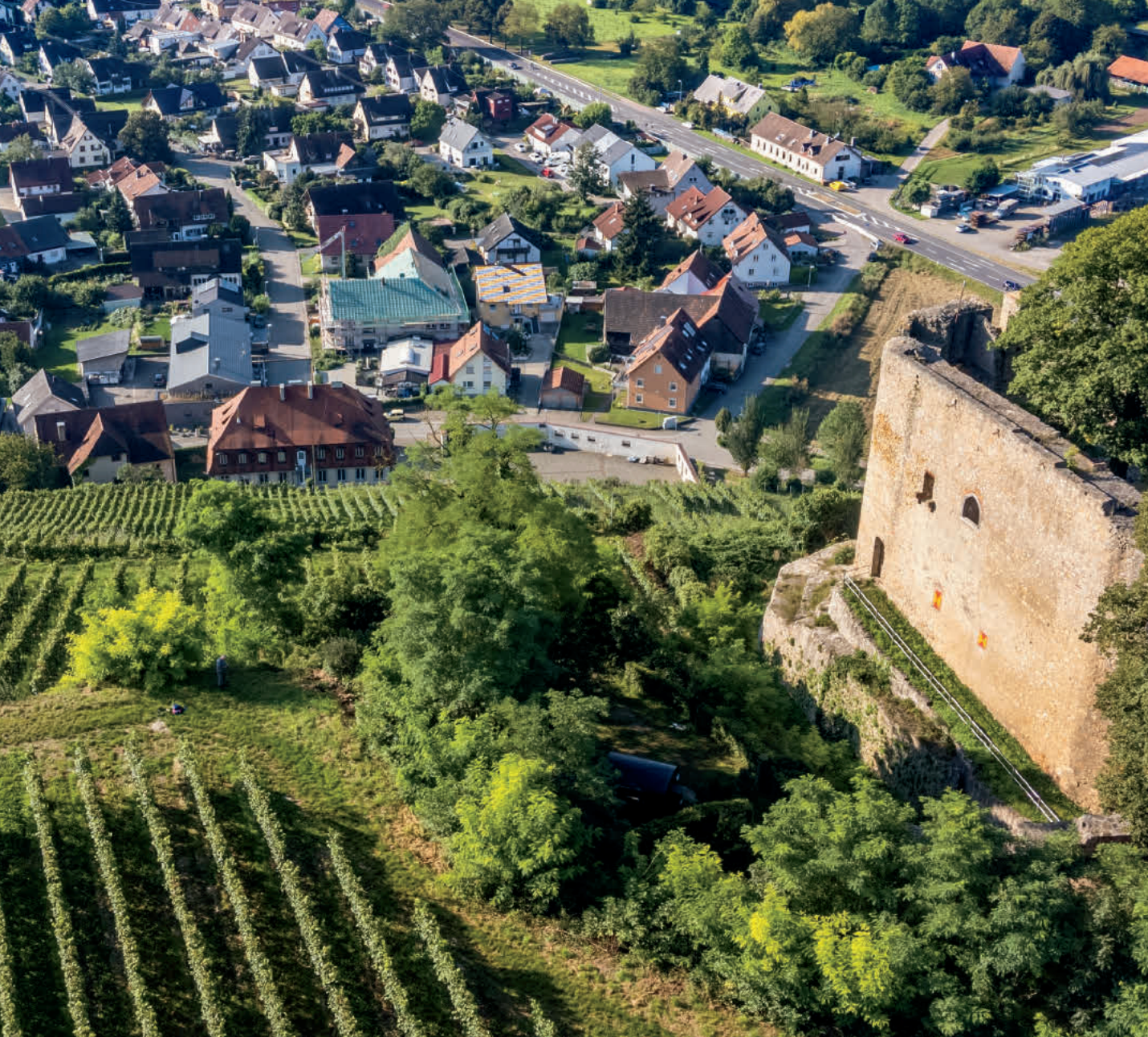This is the part of Summer when peaches are really, really good, and every time I eat one I think of this Riesling from Strub: it is the vinous equivalent of a perfectly ripe white peach. It is also the latest in a long line of wines we’ve offered that has no business costing so little—as I look back on 2017 to date, I’m excited about the sheer number of exceptional wines we’ve found at a $20-ish price point.
Germany is always fertile ground for such discoveries, especially in vintage-of-a-lifetime years like 2015, which gave us this single-vineyard Riesling Kabinett from Strub. Like a perfectly ripe peach, this wine balances juicy fruit sweetness with a refreshing blast of acidity, in that way that only German Riesling can. That’s the magic of this grape in this place, as we’ve discussed countless times: That little hint of residual sugar (as indicated by the traditional kabinett designation) broadens and deepens the impact of the wine before being swept away by a cleansing wave of acid. Wine this easy to drink (and afford) needs to be hoarded, so we bought every bottle we could. Have at it!
As always with German Riesling, there’s a lot to unpack on even the sleekest labels: The Strub winery is in Nierstein (as ‘Nierstein-er’ so indicates), which is one of the key villages in the Rheinhessen, Germany’s largest-production wine region (it hugs the ‘left’ bank of the Rhine, south of Rheingau, and extends westward). Father-son team Walter and Sebastien Strub farm 15 hectares of vineyards in an around Nierstein, including a parcel called “Brückchen,” which has soils of almost pure limestone mixed with clay. Brückchen is situated just across from Nierstein’s most-famous riverside site, “Roter Hang” (“Red Slope”), which is markedly different geologically, featuring soils of red sandstone and slate. The Strubs tend to vinify their wines from Roter Hang dry, to accentuate their pronounced minerality, while the high acidity delivered by the limestone of Brückchen usually necessitates leaving some residual sugar.
Strub’s importer, Terry Theise, always has plenty to say about German Riesling and its highly variable terroirs, and in his most recent catalog—an annual, book-length publication detailing the new vintages from his portfolio of producers—he had some choice words for those who feel that only truly “dry” Riesling is the best Riesling:
“There’s an opinion to the effect that Rheinhessen, with its limestone and clay soils and its mild climate, is somehow predestined to give dry wines, or at least dry Rieslings. My answer is as always empirical and pragmatic: It should give dry Rieslings when they taste good, off-dry Rieslings when they taste good and full on RS-Rieslings when they taste good. If one insists that dry and only dry Rieslings are this region’s manifest destiny, one must argue that off-dry and full-on RS-Rieslings never taste good, which is patently ridiculous.”
Let me just add, blunty, that this 2015 from Strub tastes good. Really good. Another thing to note about it is the designation “Herzstück,” which indicates that this wine was made only from the “free run” juice of the Brückchen fruit (the juice that flows from the grapes before the press is activated). In the glass it’s a reflective straw-gold with light green highlights at the rim, with extremely pure, fruit driven aromas of, well, white peach of course, but also lime blossom, citrus pith, mint, and acacia flowers. It is juicy and satisfying on the palate, medium-bodied and sappy, then finishes with a mouthwatering flourish of acidity and chalky minerality. The wine’s acidity cleanses the palate like a Zamboni smoothing the ice during halftime of a hockey game, and the moderate alcohol contributes to an experience best described as invigorating. Pop a bottle (or two) soon and let it come up to about 50 degrees in the glass. I can never stay away from Thai or Vietnamese preparations when drinking a Riesling like this, so I’ve attached a recipe for some spicy Thai noodles—which this white will tame with ease. Enjoy!






